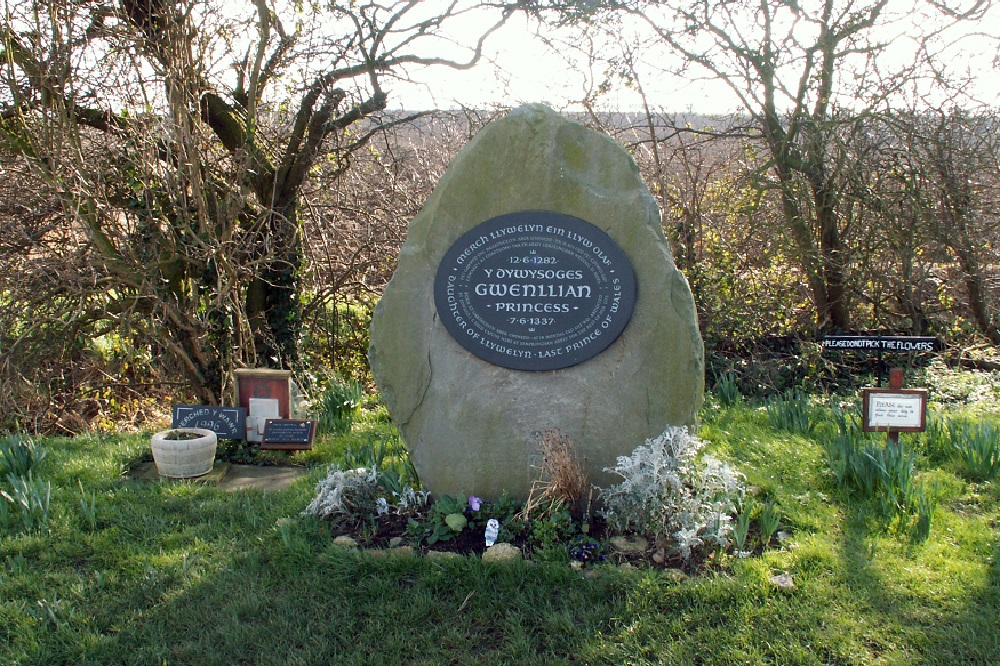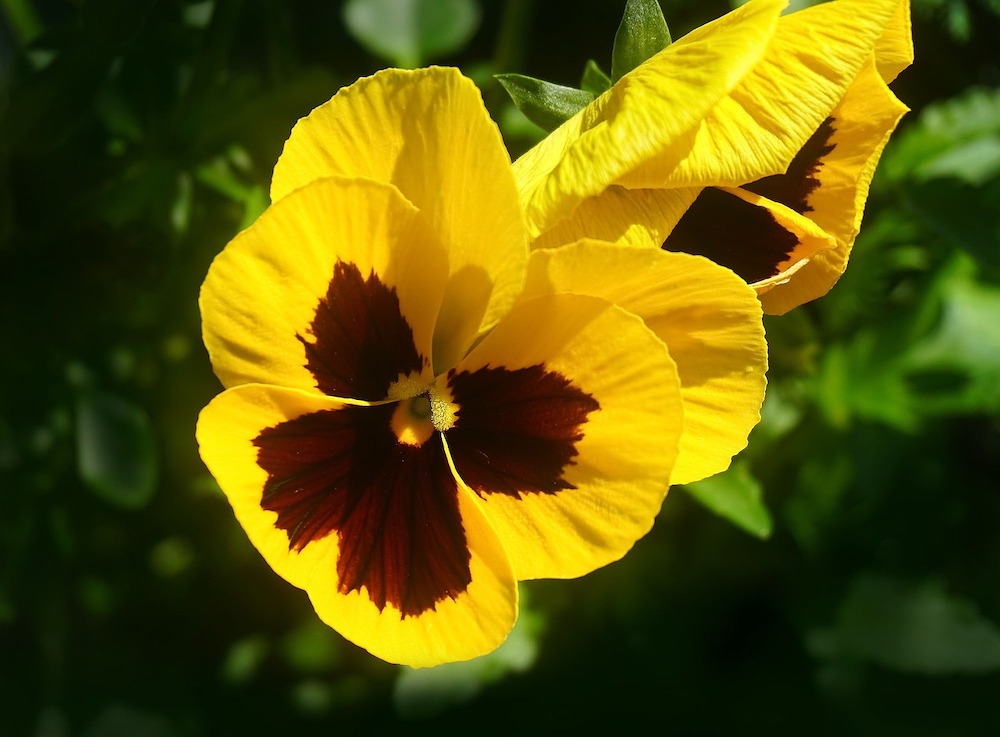Gwenllian Merch Llywelyn (1282 – 1337): a poem

This week marks the death of the Welsh princess Gwenllian, the daughter of Llywelyn ap Gruffudd, the last native prince of Wales. We mark the occasion with a poem by Roger Griffin which is inspired by her deeply sad story and the loss of identity, both personal and national.
Uprising
Born in the year 1282, Gwenllian was the daughter of Llywelyn ap Gruffudd, the last native Prince of Wales.
Llywelyn fought against King Edward I of England to preserve the independence of Wales, but was killed in a skirmish just months after the birth of his daughter.
Sadly, Llywelyn’s wife had died soon after Gwenllian’s birth.
King Edward ordered that Gwenllian be taken in her cradle to a remote priory in Lincolnshire to prevent her from becoming the rallying point for a Welsh uprising.
Gwenllian spent the rest of her life in the English priory. She died on 7 June 1337, aged 54, a Welsh princess who never saw her homeland again.

Gwenllian
A baby snatched to shield a bloody crown,
A helpless pawn caught in a deadly game,
Your destiny was sealed in cradled sleep,
A child held hostage in a house of God.
Did the echo of a different life
Ever whisper through those captive walls:
A harp, a lullaby, a blazing hearth,
A mother’s dying breath on your soft skin?
You never knew your land or learned its tongue,
You couldn’t even write your given name.
Did you ever feel a power deep within,
To stir a humbled nation to arise?
Your language, culture, birthright, all erased,
Your lonely life a tattered shred of time.
You were our last, but not our lost princess.
Your footprints on our rocky path remain.
Survival is our nation’s special skill,
And time has merely honed our stubborn pride.
Roger Griffin
Support our Nation today
For the price of a cup of coffee a month you can help us create an independent, not-for-profit, national news service for the people of Wales, by the people of Wales.







Wonderful!
So sad, but beautifully written.
Sempringham Abbey little left to see after Dissolution but her body remains here as does that of her fathers at Abbey Cwm Hir